“It had all been a big mistake, to begin with. The lines on one’s forehead could hardly be wiped away so easily.” In simple but relatable lines, Udayan Mukherjee has tried to depict realities of today’s India.
India has been a leading economy in terms of GDP growth. But, despite the voluminous size of the economy, fifth largest in nominal terms, its growth trajectory has not been inclusive in satisfactory terms.
A positivist growth has left behind, people of subaltern class and marginalised communities beyond the scope of India’s growth trajectory. And, to add to it, India’s privileged class perhaps has been oblivious to the stories of these people who were left behind in India’s journey to economic “growth”.
Pointing out these inequalities, Mukherjee’s new novel, No Way In (Bloomsbury; Rs 799), seeks to draw the attention of English-speaking, educated and relatively-affluent people towards millions of those people who face lack of opportunities and denial, struggling even to exist.
Below are the excerpts of Mukherjee’s exclusive interview to Firstpost:
Q: What made you write a novel that focuses on the inequalities that exist in modern day India?
A: The issue of inequality and unequal opportunity has always been central in India, one that is vexing for me as an Indian citizen and therefore fundamental to me as a writer. A certain class of Indians may have prospered over the last two decades thanks to the growth of the formal economy and asset prices, but that, ironically, has only widened the gap between the haves and have nots. It is almost a vicious cycle of the rich getting richer and the poor poorer.
This chasm, aggravated by growing alienation along lines of religion, class and caste, have grave ramifications for the stability of Indian society.
It is this seemingly stable, yet intrinsically volatile, equilibrium that forms the backdrop of No Way In. The aim is to examine, through the eyes of its protagonists who belong to very different stratas of Indian society, what it means to be living in modern day India; and to highlight the bigotries, hypocrisies and iniquities that come in the way of the relatively less advantaged in realising their dreams and ambitions.
Quick Reads
View AllQ: Do you think such a book, that dwells on the challenges of the subaltern class, would find resonance with Gen-Z readers in India?
A: It is important, indeed vital, that Gen Z readers understand these issues. Living in big cities, immersed in their own careers and ambitions, it is all too easy to lose sight of the travails of citizens who are not participants in India’s ‘growth’ story.
Young Indians need to appreciate how difficult it is today for Indians who belong to religious minorities, are not upper caste Hindus, and come from economically disadvantaged regions or families or indeed, belong to a minority of any nature. Only then, would they begin to grasp how divided Indian society has become and hopefully, make intelligent choices to address these issues.
A single novel cannot do this, but as writers, it is our duty to write about what we see around us, even if they are uncomfortable truths or seem critical of one’s own nation.
Gen Z readers may not, unlike older generations, have memories of partition and other violent episodes in India’s past, but surely they cannot be immune to the everyday occurrences that highlight these socio-political fault lines.
Q: Stories of certain classes or communities never seem to come up; did your journalistic experience prompt you to write about these communities?
A: It is true that a lot of Indian fiction written in English has tended to focus on upper middle class India and its pre-occupations. The reason, obviously, is that a majority of the authors of these books come from the educated, upper middle classes.
This is the world they have grown up in, and understand. This is understandable, but in the past this has meant that people from different classes were not adequately represented in Indian fiction written in English, though regional fiction has always had a fair share of powerful works representing all classes and communities.
And now, with translated fiction getting its share of the spotlight, we are hearing a far greater range of voices. To an extent, the balance has been restored.
Having said this, it isn’t fair to assume that English speaking, upper class people cannot write competently about classes and communities they may not belong to. Jol Pori, the house in Kolkata, where the novel is based, is a melting pot of people from many classes, castes and religions and it was my endeavour to bring out the contrasts between them.
Q: This book made me realise how disproportionately tumultuous social upheavals affect the more vulnerable sections of society, much more than the relatively privileged ones. Was that your objective?
A: Most upheavals, particularly socially violent ones, affect the poor more. This is true of every country. But sometimes, citizens of a country are made to feel that their presence is not welcome.
Human beings, particularly when they belong to a larger group or majority, always carry an intrinsic desire to bully the weak, but when this is supported by political and judicial sanction, we witness the worst kind of oppression and persecution.
Many/most of us in India are protected by our surnames, have safety nets to fall back on and are not susceptible to the reach of the mob. Yet, there are millions who live in daily fear of their life and livelihood.
Both these aspects — the propensity to bully, and the constant fear and resentment, are toxic forces that make for a most unstable social equilibrium. There is no overt message that the novel tries to convey, but as the author I strongly feel that upper class readers basking in their growing prosperity, and the adulation of India as a dominant economic force, are making an enormous mistake in underestimating the risks posed by the growing divisions in our society. It is not only inhuman, but also unsustainable.
Q: Identities have been instrumental in deciding life outcomes since the beginning of time. Can diverse identities ever be incorporated to create a more humane and tolerant world?
A: No one can deny that the circumstances of one’s birth are a huge factor in deciding the eventual outcome of a person’s life, regardless of how many exceptions one can point out to this generalisation.
And since we understand this, it becomes all the more incumbent on people of privilege like us — born to relatively affluent families, recipients of decent education and belonging to upper classes/castes — to try and help the less fortunate up the ladder.
Instead, what happens is the opposite: the privileged use their good fortune to carve out even greater concessions for themselves at the expense of the underprivileged, making the gap even larger.
This is evident in how the protagonists of No Way In go about their lives. The wealthy businessman does everything, in his everyday life and political choices, to further his own interests, even as the cook is willing to make every conceivable sacrifice to ensure that her son manages to escape the clutches of this vicious inequality spiral. One hates to be pessimistic, but we live in a world where these inequalities are only making people, even countries, turn on each other. We have to accept the problem and the path that led us here, to be able to take remedial steps. Weeding out racism and classism of any kind would be a good starting point.
Q: Lastly, I am curious about what experiences young Dinu would have in a new city as he moves into his teens. Should one hope for a sequel to No Way In?
A: It’s a tempting thought, not least because the city he comes away to, lends itself to a continued exploration of the same forces that have always shaped his life. But I am not sure it is likely, though one should never say never.
The era of OTTs has made us think of everything as a continuum, where stories never end but simply move on to the next season. This is also beginning to shape people’s expectations of literature and I am not sure it is a desirable trend. I wish more people would simply read books and not wait for everything to be turned into a TV series, preferably with multiple sequels. I do intend to write more Neville Wadia mysteries, following his first outing in A Death in the Himalayas, but would probably want to leave the literary novels alone.
Udayan Mukherjee is a renowned journalist and author.
Read all the Latest News, Trending News,
Cricket News, Bollywood News,
India News and Entertainment News here. Follow us on
Facebook,
Twitter and
Instagram.


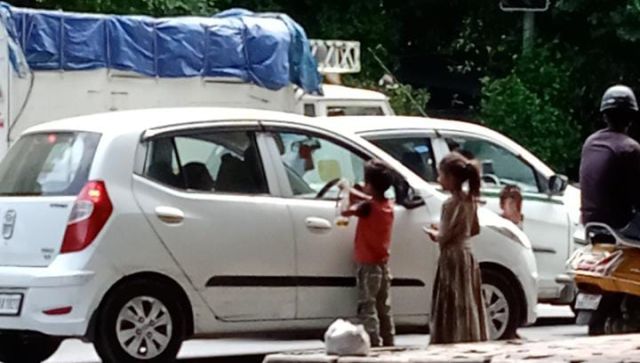)
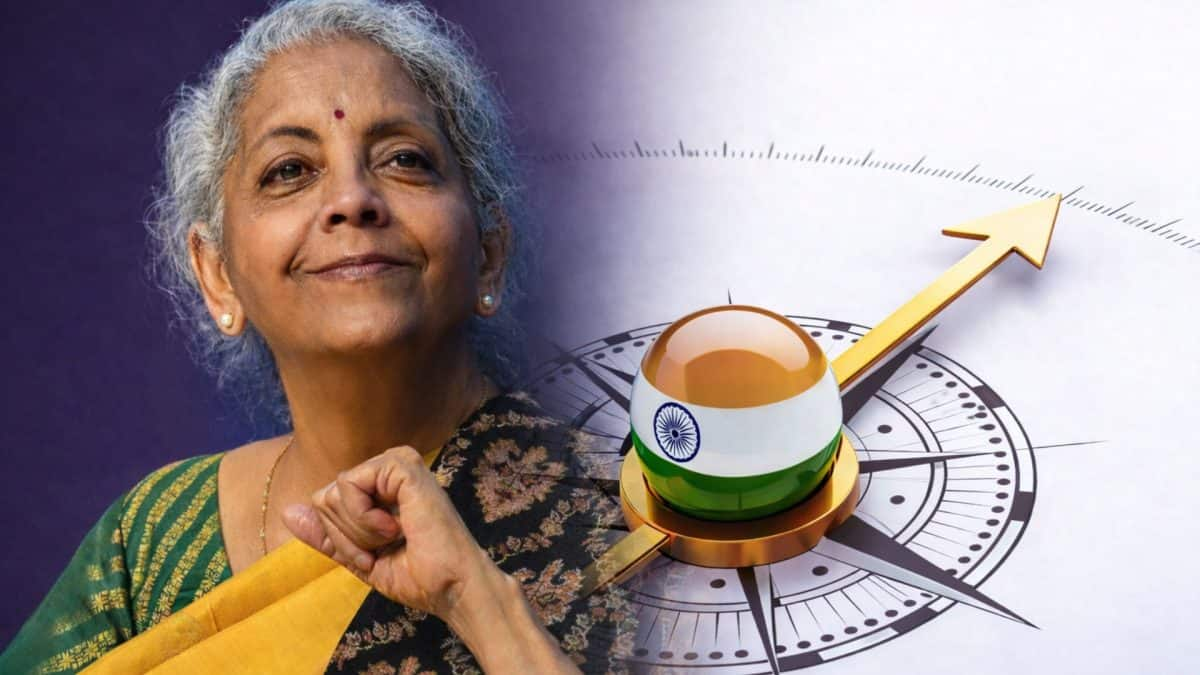
)
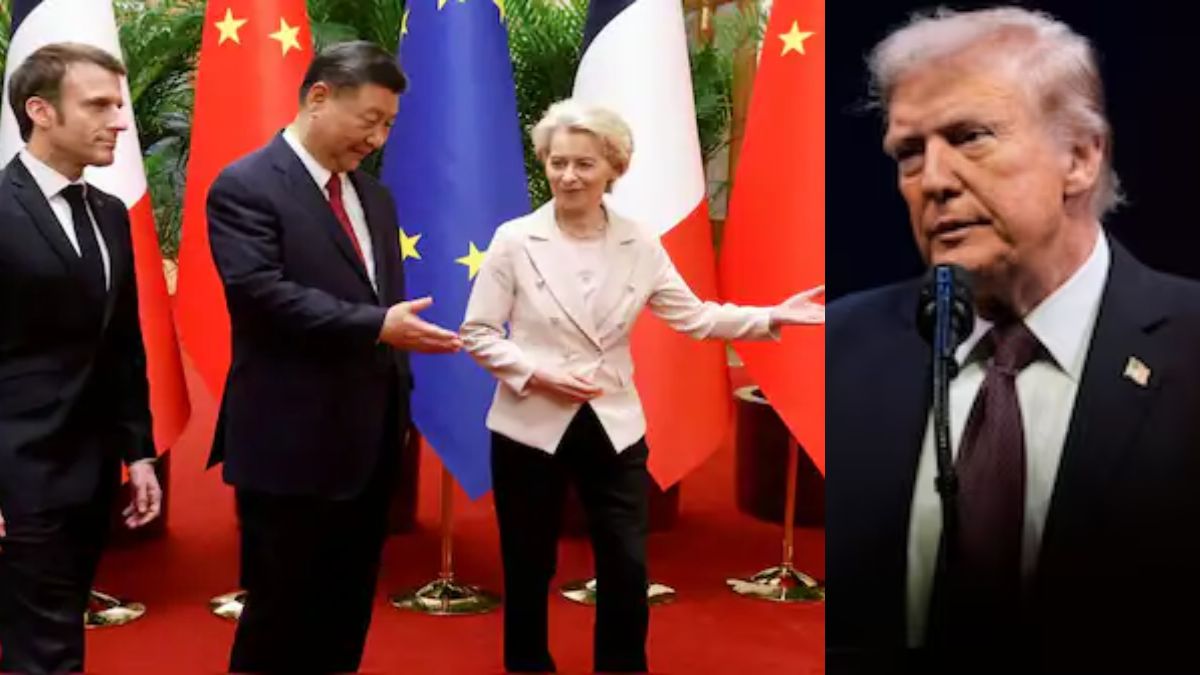)
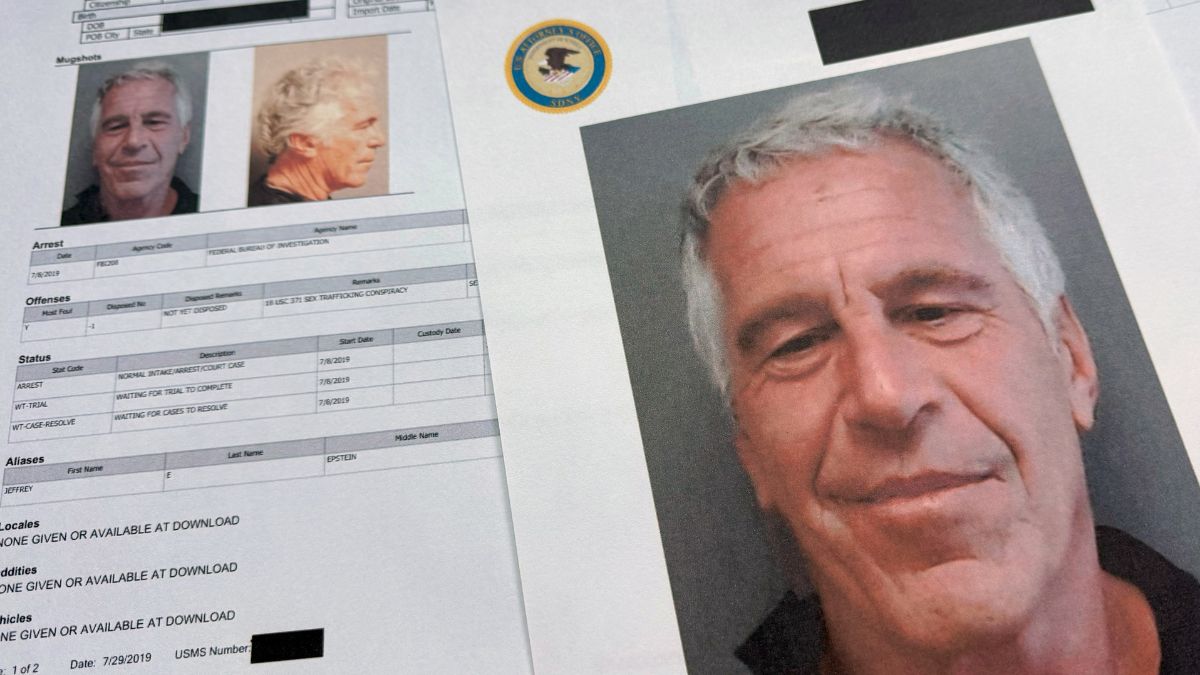)
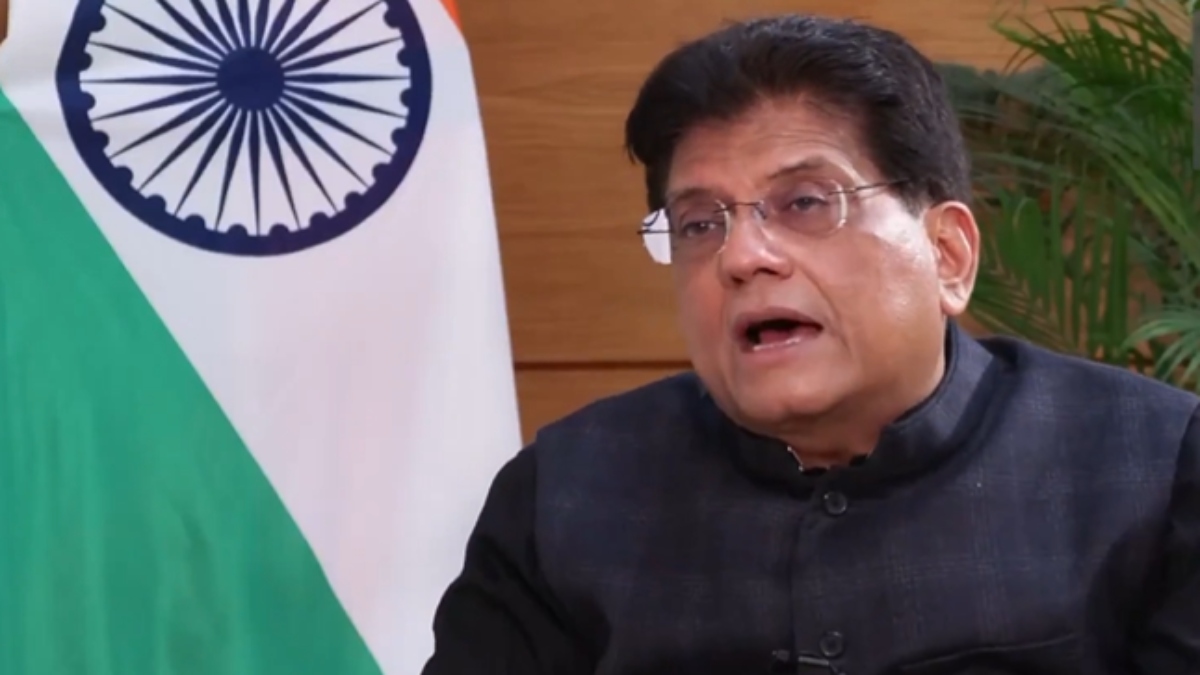)
)
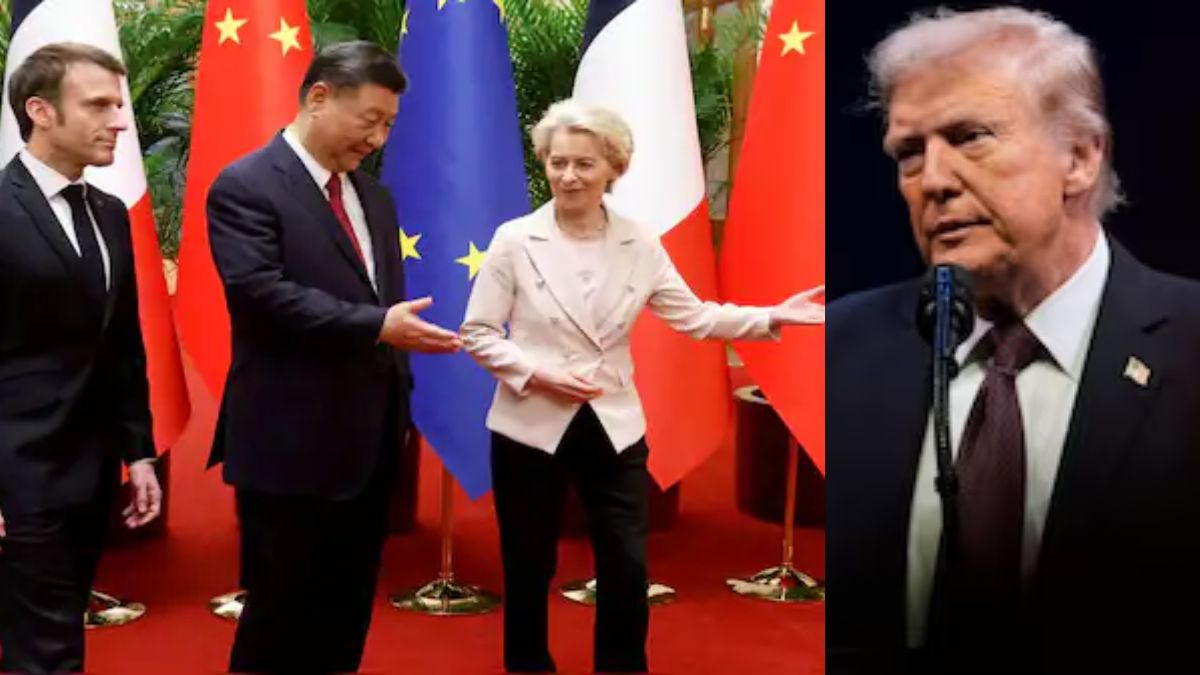)
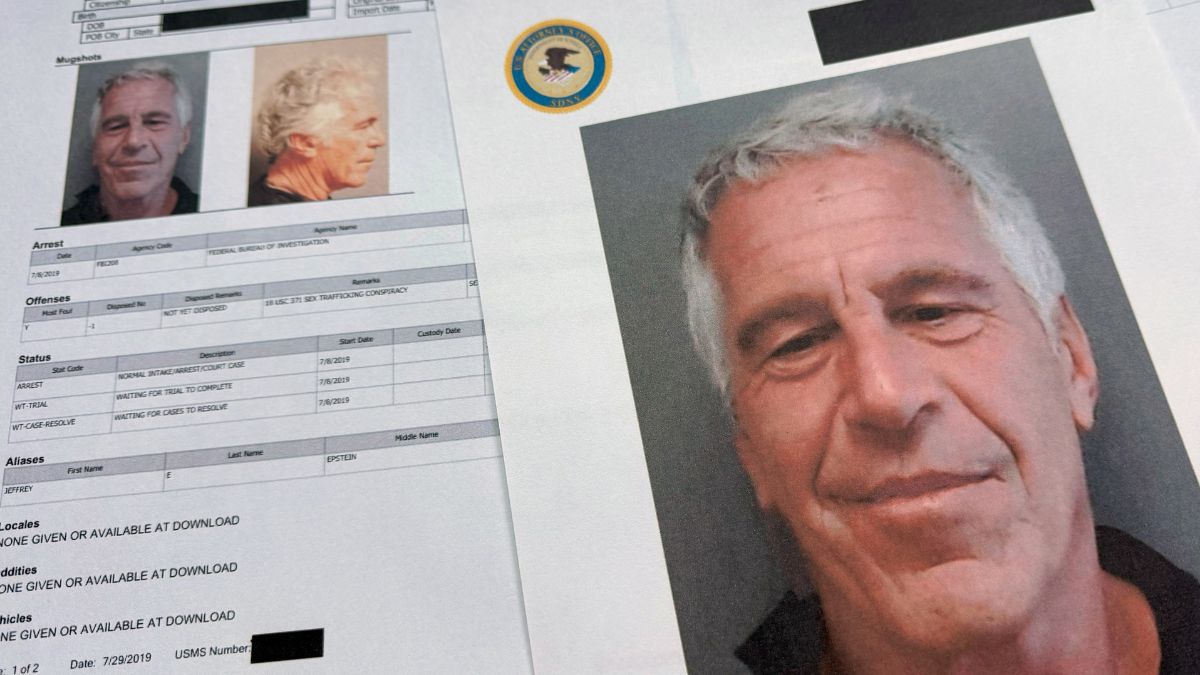)
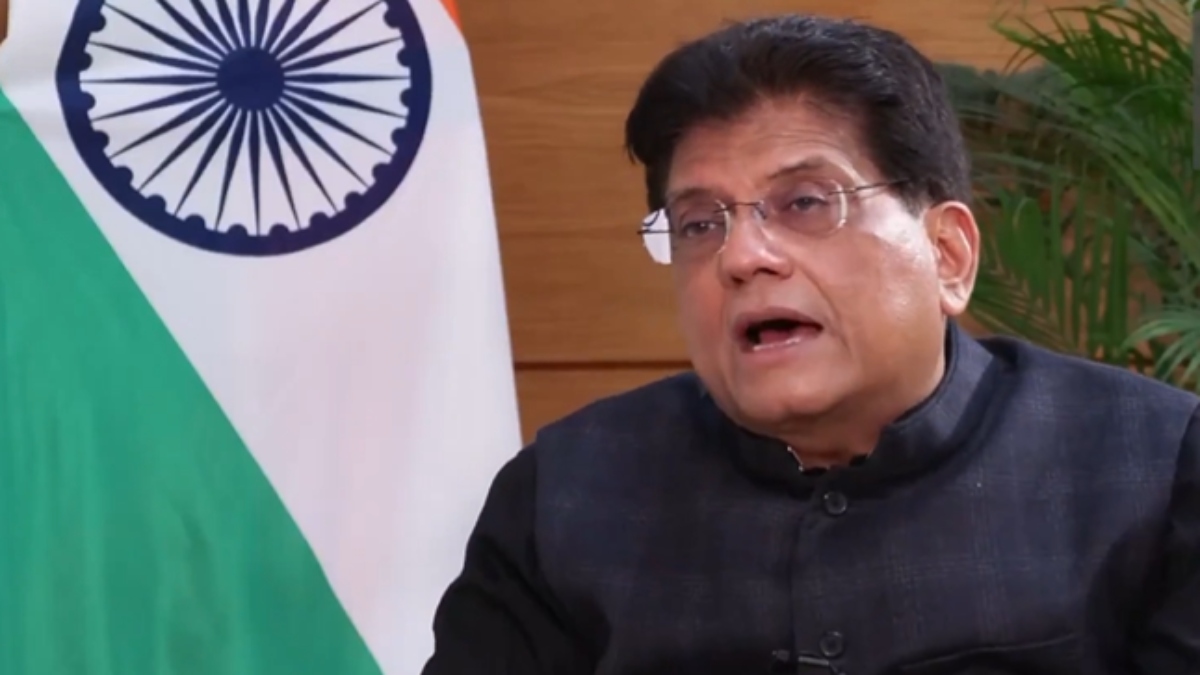)



